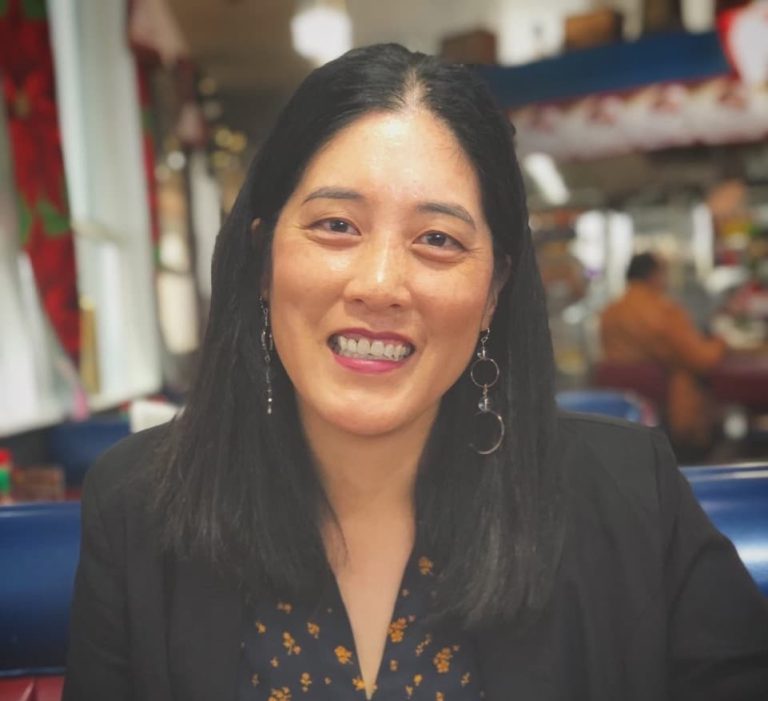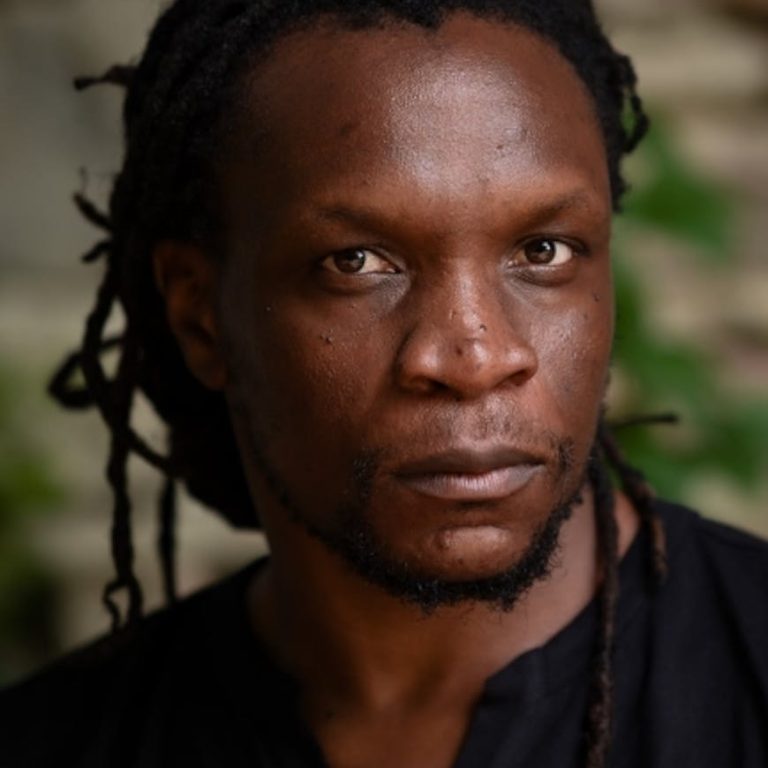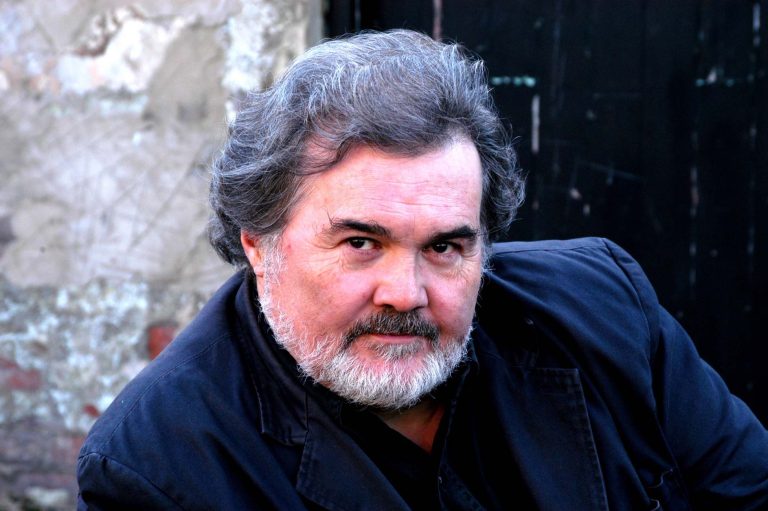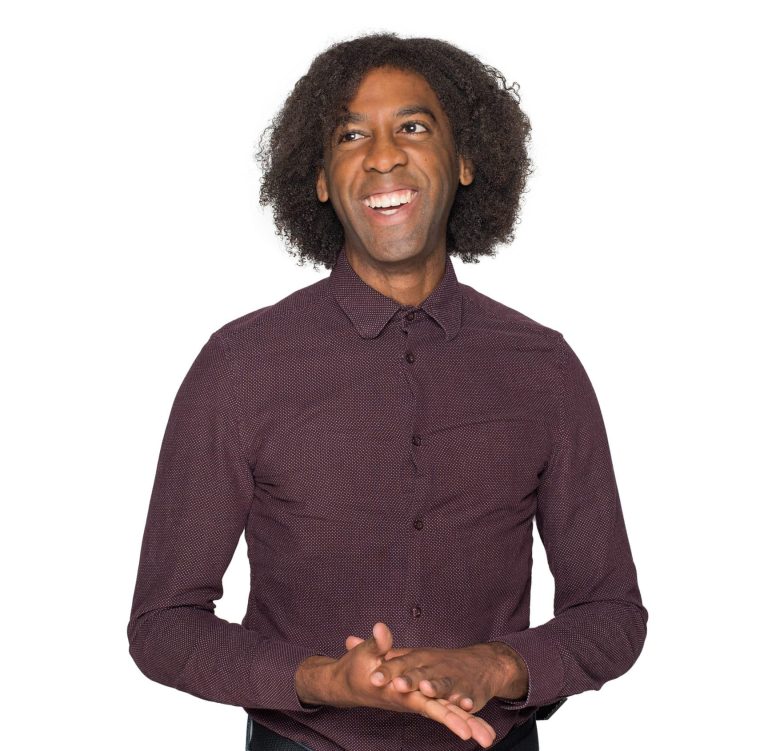Denise Riley deftly turns the tables on what we typically expect – if we expect anything – about where the dead go and what they expect after they’ve left this life. The poem “Orphic” from her 2017 Griffin Poetry Prize shortlisted collection Say Something Back leaves us almost shocked, yet almost on the verge of…
Denise Riley deftly turns the tables on what we typically expect – if we expect anything – about where the dead go and what they expect after they’ve left this life. The poem “Orphic” from her 2017 Griffin Poetry Prize shortlisted collection Say Something Back leaves us almost shocked, yet almost on the verge of chuckling, too.
Riley’s poem refers to the myth of Orpheus, a poet, musician and prophet in ancient Greek religion who purportedly made the journey to the underworld to retrieve his wife and managed to return. The narrator of “Orphic” is a long-dead (well, “for decades”) occupant of Hades, both the god of death and the name of where the dead reside. Although he seems established in his residency there, the narrator is now clearly rattled by the arrival of someone newly deceased – and “So mother” reveals their relationship.
In his review of Say Something Back, Dave Coates remarks that he is “drawn to moments where Riley allows herself to be boldly declarative, gothically dramatic, or more openly parabolic” – and “Orphic” fits those criteria perfectly.
“don’t think
it will be easy”
the narrator declares at his mother’s arrival.
“It’s we dead who should run
whispering at the heels of the living”
and what follows is decidedly gothic and dramatic.
Within the context of these reversed roles – the child preceding the parent, the long-dead feeling haunted by the newly deceased – the meaning of words like “shades”, “remains”, “spirit” and even “goners” take on skewed connotations. And all of this shifting of shape and meaning gives readers – even those who expect nothing at this juncture of life and death – pause.



